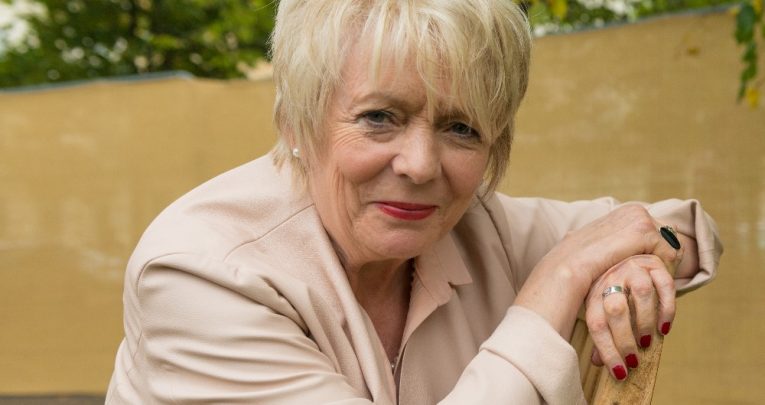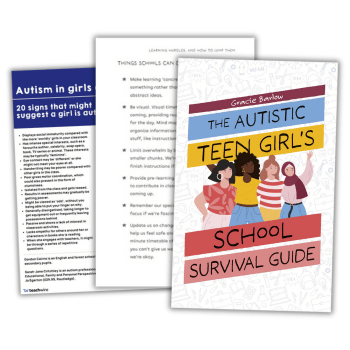Actress Alison Steadman Struggled with Reading at School – but that Didn’t Stop her Having a Thoroughly Splendid Time

Teach Secondary speaks to Alison Steadman to discover what she learnt at school

- by Teach Secondary
- Magazine featuring expert advice, inspiring lesson plans and fresh insights

I have really good memories of primary school. There were 43 of us in my class, all girls (I was born in 1946, and everyone was celebrating the end of the war by having babies) – but somehow the teachers coped with that number.
I remember them all with a lot of affection, especially Miss Gardener. When we left to go to secondary school she gave each of us a little satin sewing bag, with a drawstring, that she’d made herself. 43 of them!
When you’re a kid, you just think, “Oh, isn’t that nice?” But on reflection, as an adult, it’s more like, “My goodness – what an amazing lady she was!”
Another of my favourite teachers was Miss Williams, who was engaged to be married to a drama teacher. We did a play, and her fiance came along to see it, as did my mum. I remember overhearing a conversation between them afterwards.
He said, “You know, Alison is a very good actress. I honestly think she could go in for acting.” When I heard that, it planted a seed in my head; this thing that I loved and enjoyed, and had fun doing – maybe I could actually make a living from it after all.
Reading issues
I mainly had a good time at secondary school, too. Our headmistress, Miss Brown, was a delight, with a lovely, gentle sense of humour.
The deputy head, though, was called Miss Davies; and if I had to write a book about scary teachers, she’d be at the front of my mind. I was terrified of her at first – we all were.
She had a mop of frizzy hair, and piercing eyes behind little, round glasses… but when you got past all that, she was the nicest, most humourous lady.
She taught us English, and gave me real a love of poetry. I can still remember her teaching us Keats and Shakespeare; she was the one who opened those doors for me.
It’s true what they say: you must never judge a book by its cover.
I did struggle a bit with reading and writing. Miss Brown once said, “If you tell Alison to act Lady Macbeth she can do it brilliantly, but ask her to write an essay about it and you get into trouble.”
It was never diagnosed but I think I probably have a mild form of dyslexia. My son is dyslexic, and it’s something that runs in my family. At the time, I just didn’t know.
I used to dread it when it was my turn to read out loud in class – I’d get so nervous, and stutter and stumble. This carried on until my mid-thirties, when I had to do read-throughs for plays or television.
You don’t realise it, but when you’re reading out loud your brain is preparing the next bit while you’re saying the previous bit, and I couldn’t do that.
I’ve gradually taught myself how, by just being calm. I’ve got the confidence now, and my brain has adjusted over the years.
I do have a lot of sympathy with any child who has trouble reading because I know what my son went through. It is a very, very frightening and horrible thing, and I’m full of sympathy.
Spider celebration
I was filming a few years ago and one of the actresses had bought her little son Rafael to the set. He was nearly seven. We were having a break so I was chatting to him.
I’m a huge wildlife lover and conservationist, and I suddenly asked, “Hey, do you like spiders?” He went, “No! They’re really scary.” He said that his dad tried to kill them when they came in the house. I said, “Oh, that’s a shame. You shouldn’t kill them. A house spider wouldn’t hurt you.”
He looked up at me very suspiciously. I started giving him some spider facts – telling him all about them and how brilliant they are and what they can do. He was listening but he wasn’t responding.
The next day, his mum came into work and said, “Oh my word, I’ve don’t know what you’ve been telling Rafael about spiders but you’ve completely changed his opinion. He’s telling me I mustn’t kill them and about how amazing they are.” Rafael was the inspiration for my book, Spider! – and I’m delighted to say, he loves it.










